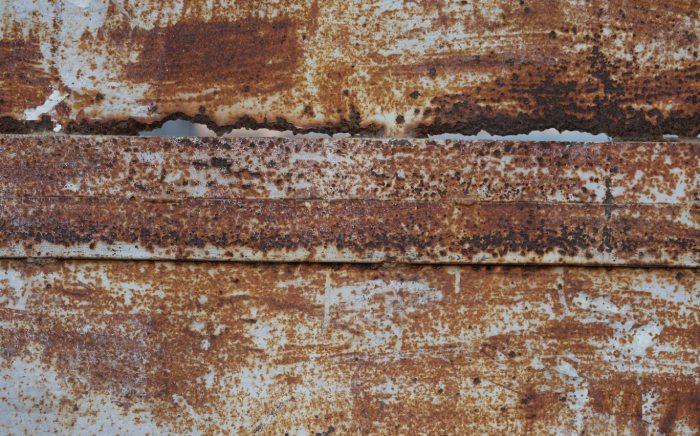There are over 22,000 chimney fires each year, which are responsible for $125 million in property damages.
If you own a chimney, it’s essential to know the facts about chimney fires and what you can do to prevent them. Otherwise, it could end up damaging your home and property beyond repair.
Sounds likes something you’re on board with? Keep reading for five easy steps to avoid a chimney fire.
1. Conduct an Annual Chimney Inspection
If you want to prevent a chimney fire, you need to get it inspected annually. In addition, the National Fire Prevention Association (NFPA) and the Chimney Safety Institute of America (CSIA) highly recommend you get it professionally cleaned annually.
This will allow you to remove any build-up of soot and creosote and find anything that would need to be repaired.
You want to choose only a respectable professional cleaning company, such as Benzah Vent Cleaning LLC, to conduct this work to ensure that all preventative measures are done correctly.
2. Burn Seasoned and Dry Wood
What causes chimney fires? The most common chimney fire starter is a build-up of creosote, which is created when there is a lot of moisture.
To prevent this, use dry wood that has been cut, split, and stacked for at least six months. You can invest in a moisture meter and detect when your wood has 20% moisture content or higher.
3. Track the Temperature
Some of the signs of a chimney fire include a hot, intense smell and a loud popping or cracking noise. Both of these are due to extreme temperature, which can also be the cause of chimney fires, as this aids in creating creosote.
You should get either a probe thermometer or a magnetic thermometer.
The magnetic thermometer can stick to your stove or pipe and tell you the temperature of the outside surface.
A probe thermometer measures the core temperature of the gasses in the flue, which is more accurate than a magnetic thermometer but can be more challenging to operate.
4. Regulate the Size
Choose to burn smaller fires rather than bigger ones, especially in the winter.
This is because you could end up closing the air vent if the fire ends up producing too much heat, which will cause oxygen starvation in the chimney.
Oxygen starvation is another cause of chimney fires. To prevent this, create small fires that you constantly feed instead of large ones that you have to cut off.
5. Don’t Use Liquid Accelerants
If you have a fire, you should own a chimney fire extinguisher. Even if you take every precaution, you never know what could happen.
However, one huge precaution you can take is never to use liquid accelerants like lighter fluid.
It can create a fire that gets out of control which is dangerous for a fireplace in general, but even more so for starting a chimney fire.
Take These Steps to Avoid a Chimney Fire
Are you ready to start taking these steps to prevent a chimney fire?
Then, get out there and schedule a professional cleaning, buy your tools, and stack your wood, and you’ll never have to worry about a chimney fire again.
Keeping up with the goings of the internet can be overwhelming, but not at our site! Check out the rest of our articles to learn what’s happening today in our home improvement section.











